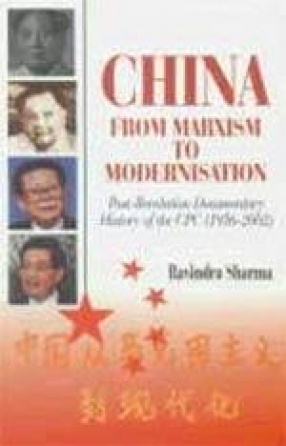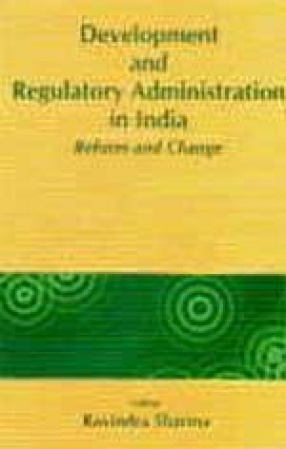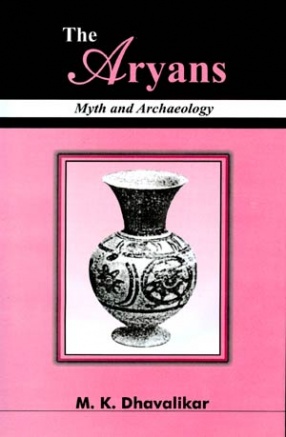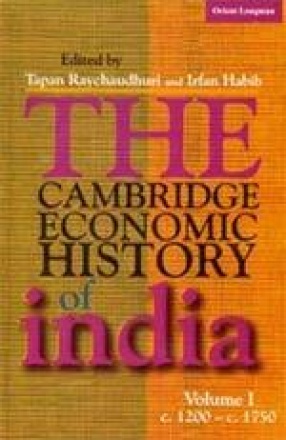China: From Marxism to Modernisation
The defeat of the imperial China in the Opium War had hurt the feelings of Sino-centrism. The idea of limited modernisation suggested by the thinkers of the late 19 century, such as Liang Chichao and Kang Yuwei, failed to solve the riddles of the semi-feudal and semi-colonial China and was replaced by the idea of Marxism in the early 20 century. Ideologically, Marxism mobilized the millions of Chinese and the CPC led a successful Communist Revolution. However, the post-revolution, CPC faced a serious puzzle as its two mentors Mao and Liu, developed a different vision of socialist China. While Mao formulated an indigenous socialist model of development, his counterpart Liu suggested the theory of "comprehensive modernisation". In post-Mao China, Deng, a staunch follower of Liu, implemented the pragmatic package of four modernisations on the one hand and proclaimed the idealist charter of four cardinal principles on the other. "The two" proved to be incompatible and China fell into the trap of "right opportunism". Alas. The author, in this book painfully argues that the most authentic Communist Revolution eventually failed to build a "genuine socialist society". All the gigantic endeavours of Mao thus went in vain. Sadly, Hua also failed. Objectively, Deng succeeded in building a "non-socialist society". However, the western powers cannot take China for granted because in the last 150 years, China has produced a series of patriotic leadership from Liang Chichao to Hu Jintao.
Get it now and save 10%
BECOME A MEMBER











Bibliographic information
Tags